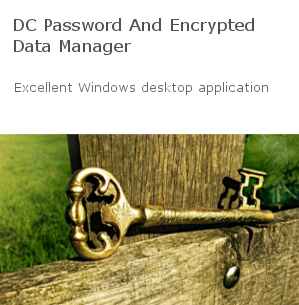In my opinion, conservatives should push for the simplest ways to assure fair elections, that span virtually all possible election system implementations. I believe a crucial method is ensuring that every ballot in an election, is auditable. For example, every ballot should be required to have a unique identifier, that can be traced back to a registered voter, in a state’s voter roll, database.
Each candidate in an election, should be given a printout of a voter roll (along with an electronic copy of the database) that lists each eligible voter, and his/her unique identifier. (The above should be done each election day, during an election.) During an initial election vote count, as well as during a recount, each candidate should have the right to have people he is okay with (like during jury selection), count the ballots, and match the unique identifier on each ballot, with the ones on the voter roll. During a recount, the regular administrators should be required to provide all ballots for counting. However, each candidate should be able to appoint his own manager to oversee the recount. Insurmountable disputes among managers should be taken to a judge for resolution. If there are enough discrepancies to overturn the results of an election, one or more candidates should have the right to have a judge rule for the initiation of a new election, or have remedial action taken, that satisfies all the candidates.
The above system would be nice. Every ballot that does not have a unique identifier, that matches up with one on a voter roll table, would automatically be rejected by the vote counting process. Ballots that have the same unique identifier, would be set aside for resolution. For example, police could escort poll workers, and representatives of candidates, to the homes of the voters of these problem ballots, to have the voters discreetly recast their votes.
An added improvement to the above architecture, would be to include a secondary table in the voter roll database, that would include the unique identifiers of voters, along with how they voted. During a recount, this table would record how each ballot voted. Voters, after a recount, would be able to go a state’s website, and confirm that the state’s records captured correctly, how they voted.
During the voting process, it would be the job of a candidate’s data scientist, to ensure that everything (including the voter roll database) is on the up and up, and that no data manipulation has taken place. A candidate’s data scientist would have the right to present data to the court, that show sufficient ballots were compromised, or some other data manipulation took place, that warrants the initiation of a new election, or some other remedial action, all candidates can agree on.
The above system could be adopted by Red States. I doubt Blue States would do the same.
In the case of Blue and Swing States, I believe Republicans should take the matter all the way up to the Supreme Court if necessary, and have the federal courts compel state courts to reject voting rules and procedures, if they are inconsistent with the states’ constitutional requirements, that their elections be free and fair. I believe lawyers should make the argument, if there are no real security measures surrounding a voting process, it is inherently unfair. For example, if there was an SAT exam, and it was not overseen by an administrator to ensure that some students were not looking up the answers on electronic devices, and some students were not discussing the exam with one another, etc., how could you say that the exam was fair to all the students – particularly those who followed the rules? It is impossible to have a fair system, without reasonable security measures on that system. Ergo, mail-in ballots, for example, that cannot be reasonably verified as coming from people on a properly vetted voter roll, are unfair to voters in general. Lawyers should say, the above mail-in ballots are therefore unconstitutional in many states. Also, compromises in the chain of custody of groups of ballots, makes including those ballots in ballot counts unfair, because the security of these groups of ballots are unknown. Ergo, these groups of ballots must also be ruled unconstitutional.
Lawyers should implore the courts, that it is crucial that they are biased towards ruling for measures that make elections fair, and against measures that open the door to elections to be conducted unfairly. Lawyers should say, the above is important to put pressure on voting systems to be fair, and for voters to trust the results of elections. If the courts do not do this, American democracy could unravel, as several counties are already talking about seceding from one or more states; and several states, and significant parts of the population, are talking about seceding from the United States as well.


